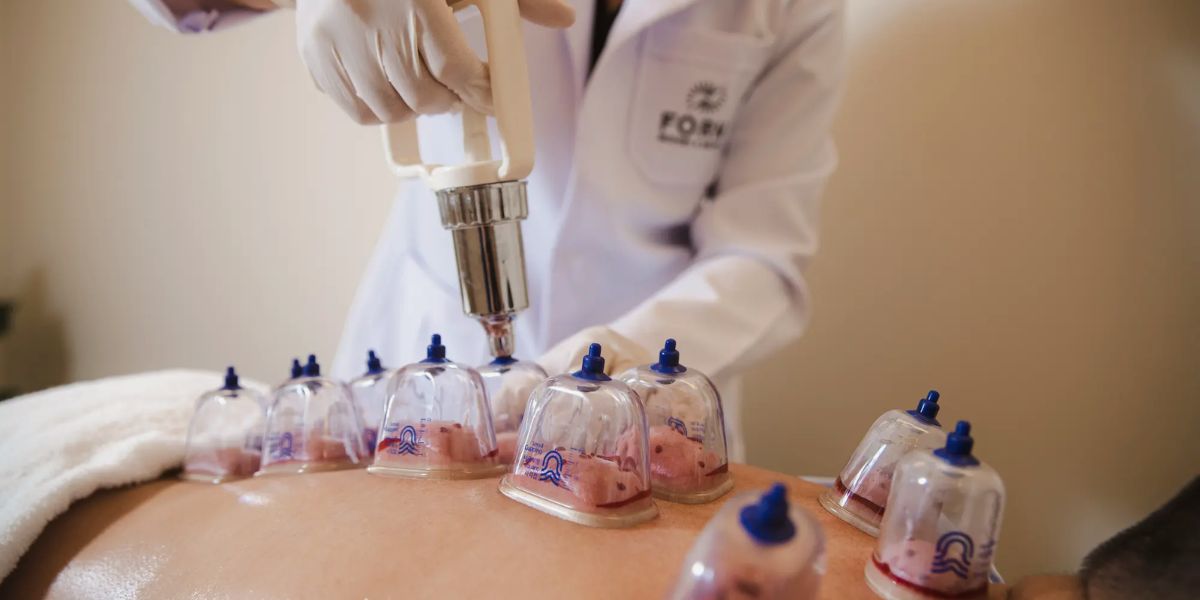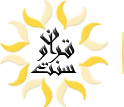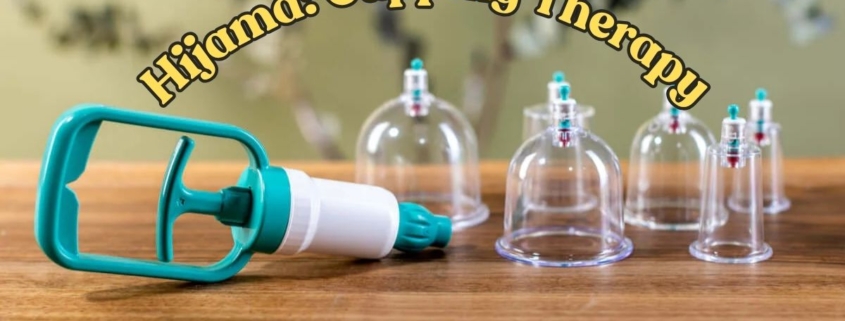Hijama in Islam: A Sunnah That Heals the Body and Soul
Hijama, also known as cupping therapy, holds a distinguished place in Islamic tradition and prophetic medicine. This ancient form of healing, endorsed and practised by the Prophet Muhammad (peace be upon him), is more than just a health remedy; it’s a Sunnah with both spiritual and physical benefits. Hijama in Islam is not merely about relieving bodily ailments, but about reviving a prophetic practice deeply rooted in faith, purity, and holistic well-being.
Hijama involves the removal of “stagnant” or “impure” blood from specific points on the body through small incisions and suction. The process is safe, natural, and highly effective in treating various health conditions when performed by trained professionals. Its mention in Islamic texts makes it a respected and trusted practice among Muslims worldwide.
A Sunnah of the Prophet (ﷺ)
The practice of Hijama was not only used by the Prophet Muhammad (peace be upon him) but also recommended to his companions. Several hadiths highlight the importance and benefits of cupping therapy:
“Indeed, the best of remedies you have is cupping (Hijama)…”
(Sahih al-Bukhari)
“Whoever performs cupping on the 17th, 19th, or 21st (of the Islamic month), it will be a cure for every disease.”
(Sunan Abi Dawood)
These narrations establish Hijama as a prophetic remedy with timeless benefits, spiritually endorsed and physically effective.

Health Benefits of Hijama
Beyond its spiritual significance, Hijama offers a range of physical and psychological health benefits:
- Detoxifies the blood and boosts circulation
- Relieves migraines and chronic headaches
- Improves immune function
- Reduces inflammation and joint pain
- Treats insomnia and anxiety
- Supports hormonal balance and digestion
Key Points That Highlight Hijama in Islam:
- Hijama is a Sunnah practised and recommended by the Prophet Muhammad (ﷺ).
- It offers both spiritual purification and physical healing.
- The therapy is highly beneficial when done on recommended lunar dates (17th, 19th, 21st).
- It treats a wide range of ailments from fatigue to arthritis.
- Hijama is safe and non-invasive when done by certified practitioners.
Spiritual Dimensions of Hijama
While the physical healing is widely known, Hijama’s spiritual impact is often overlooked. In Islamic belief, ailments can be both physical and spiritual. Hijama helps purify the body and remove harmful elements that may be affecting the soul. Many who undergo Hijama report feeling spiritually lighter, more focused in prayer, and emotionally balanced.
Furthermore, performing Hijama with the right intention can turn it into an act of worship. By reviving a forgotten Sunnah and trusting in Allah’s prescribed remedies, one earns spiritual rewards while gaining better health.
When to Perform Hijama?
Islamic tradition emphasises certain lunar dates (17th, 19th, and 21st of the Islamic month) as the most beneficial for Hijama. These dates are believed to align with the body’s natural detox cycles, enhancing the treatment’s effectiveness. It’s also advised to perform Hijama during the early hours of the day, preferably on Mondays or Thursdays, in line with the Prophet’s practices.
A Revival of Prophetic Healing
At Sunnah Health & Wellness, we promote the revival of Hijama as part of a balanced and faith-centred lifestyle. Our certified practitioners follow strict hygiene and Sunnah-based protocols to ensure a safe and spiritually uplifting experience for every client.
Conclusion
Hijama in Islam is far more than an alternative health treatment; it is a blessed Sunnah rooted in divine wisdom and practical benefit. Whether seeking relief from chronic illness or aiming to strengthen your spiritual state, Hijama offers a holistic approach that combines body, mind, and soul. By integrating this prophetic remedy into our lives, we not only gain health but also revive a noble tradition of the Prophet Muhammad (ﷺ). Let us not neglect what he has guided us toward a path of healing from both seen and unseen harms.



Leave a Reply
Want to join the discussion?Feel free to contribute!